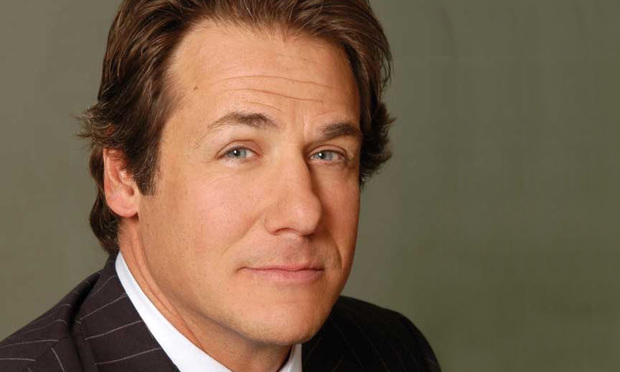In today’s day and age, it would seem logical that civil litigants involved in motor vehicle accident (MVA) cases should be able to obtain the cell phone records of an opposing driver in order to help prove fault. Yet, surprisingly, it is very difficult to obtain such records, and the recent Supreme Court decision in Riley v. California1 does not make it any easier.
For personal injury attorneys dealing with MVA cases in particular, obtaining the cell phone records of both the defendant and plaintiff drivers may prove vital to an argument that the defendant was negligent due to distracted driving or that the plaintiff is comparatively at fault due to his own distracted driving. It is also conceivable that cell phone records could prove vital in personal injury actions brought by pedestrians claiming a driver was distracted, or as a defense by an employer claiming a worker was distracted and comparatively at fault in the worker’s personal injury action for injuries sustained on the job.
Contrasting Case Law
This content has been archived. It is available through our partners, LexisNexis® and Bloomberg Law.
To view this content, please continue to their sites.
Not a Lexis Subscriber?
Subscribe Now
Not a Bloomberg Law Subscriber?
Subscribe Now
LexisNexis® and Bloomberg Law are third party online distributors of the broad collection of current and archived versions of ALM's legal news publications. LexisNexis® and Bloomberg Law customers are able to access and use ALM's content, including content from the National Law Journal, The American Lawyer, Legaltech News, The New York Law Journal, and Corporate Counsel, as well as other sources of legal information.
For questions call 1-877-256-2472 or contact us at [email protected]



